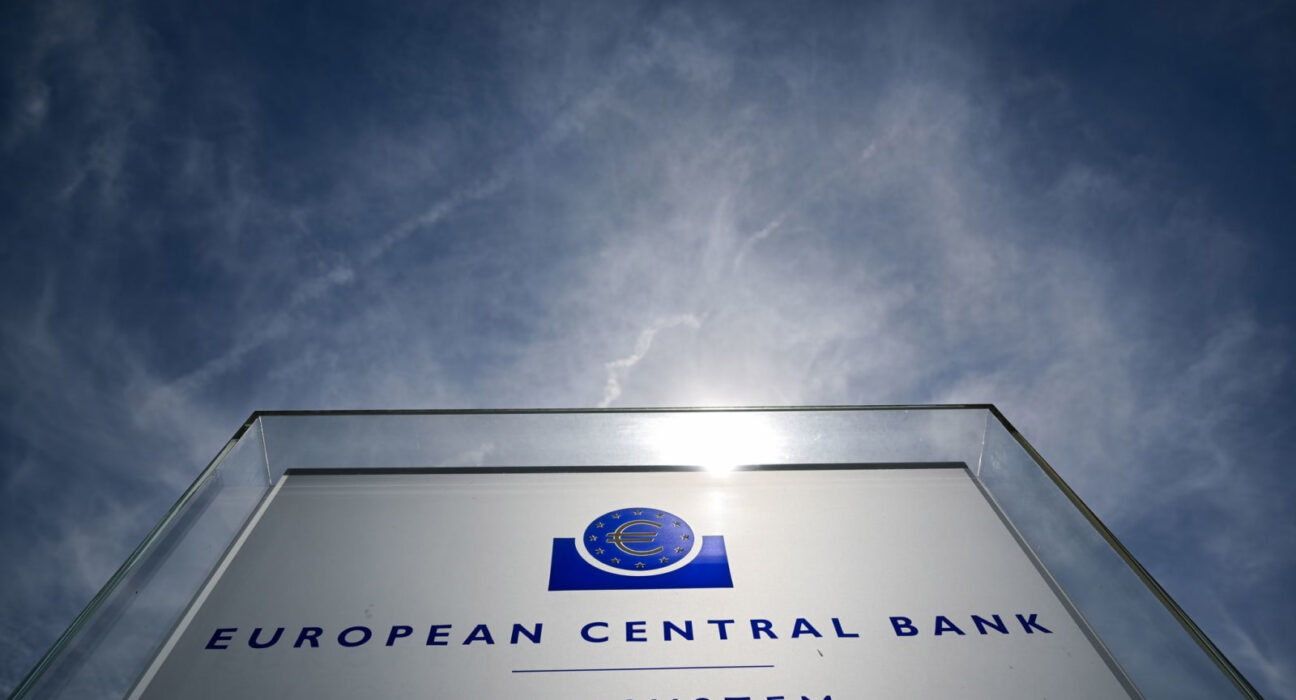In a recent report by CaixaBank, the economic activity in Spain is showing signs of improvement, largely attributed to a combination of factors such as the easing of inflation, a decline in interest rates, and strategic growth in various sectors. The research reveals that the Spanish economy is maintaining its dynamism in 2025, with an increasing number of sectors entering into an expansion phase.
According to CaixaBank Research, key industries like the hotel and catering sector, chemical and pharmaceutical industries, as well as the primary sector are leading the way in terms of activity. Conversely, industries like refineries, automotive manufacturing, and textiles are facing challenges and are at the bottom of the activity ranking.
The global economic landscape plays a significant role in shaping Spain’s economic forecast. Geopolitical challenges coupled with protectionist measures taken by countries like the US have led to a slight revision in growth expectations for Spain. The report indicates that due to these external factors, growth forecasts have been adjusted to 2.4% in 2025 and 2.0% in 2026.
One notable transformation highlighted in the report is how Spain has managed to significantly reduce its energy costs compared to its European counterparts over recent years. This shift is primarily credited to a substantial increase in electricity production from renewable sources such as photovoltaic and wind installations. As a result, Spanish industry now enjoys a competitive edge with energy costs being 20.9% lower than European partners by 2024.
Expert analysis on this matter emphasizes that Spain’s strategic focus on renewable energy has not only reduced operational costs but has also enhanced competitiveness within its manufacturing sector. The abundance of solar radiation and ample space for wind energy production have positioned Spain favorably for sustained competitiveness in manufacturing over the long term.
The report further addresses potential challenges posed by changes in global trade dynamics. With uncertainties around increased tariffs by the US impacting international trade flows, certain sectors within Spain could face disruptions. It is projected that manufacturing branches might bear direct consequences through trade links or indirectly due to heightened uncertainty affecting global economic growth.
Experts suggest that Spanish companies need to adapt swiftly by considering mitigation strategies such as investing directly in alternative markets or diversifying their export destinations outside traditional territories like the US. By assessing metrics that evaluate market demand patterns, competition from other countries, and commercial accessibility across different markets worldwide – businesses can strategically navigate evolving trade scenarios.
Overall, CaixaBank’s comprehensive analysis underscores how diverse sectors contribute to Spain’s economic resilience while emphasizing the pivotal role played by renewable energies in enhancing industrial competitiveness amidst evolving global challenges.

